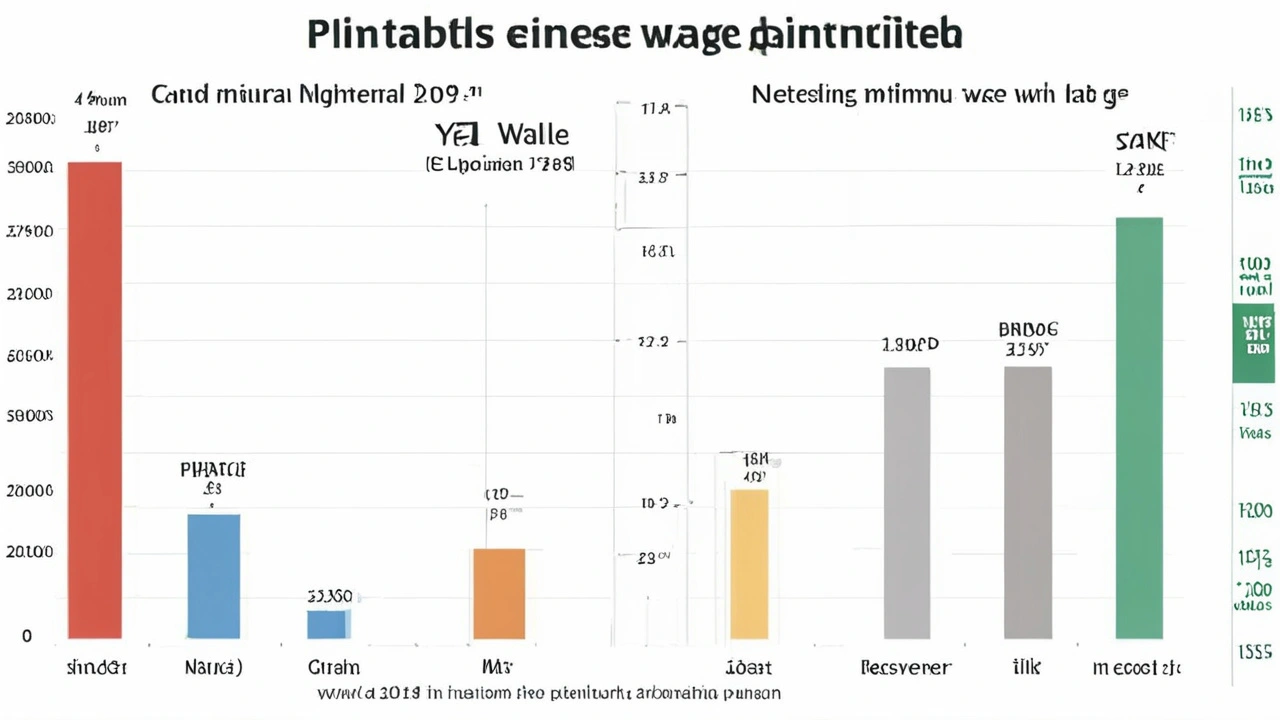Nigerian minimum wage: what workers and employers must know
If you work in Nigeria or run a business there, the minimum wage affects you. This short guide explains how the wage is set, where to check official changes, and simple steps you can take today to comply or protect your pay.
How the minimum wage is set and updated
The federal government, often after talks with labour unions and employer groups, approves a national minimum wage. A committee studies the economy, inflation, and living costs before making recommendations. Governors and local authorities may also set rules for state workers. Always look for the official notice in the Federal Gazette or an announcement from the Federal Ministry of Labour & Productivity to confirm any change.
Don’t rely on social media or hearsay. Official updates matter because they determine legal obligations for employers and rights for workers. If unions are negotiating, expect public debates and possible strikes — those are signals something may change soon.
What it means for workers
If you’re an employee, understand these basics: your pay before deductions must meet or exceed the minimum wage for your job category. Employers can still deduct taxes and approved contributions, but those deductions don’t count toward the minimum. If you suspect underpayment, collect your payslips and ask HR for a breakdown. If that doesn’t help, contact your union or the labour office in your state.
Check whether your role falls under any exemptions or special rules (apprentices, casual workers, or domestic staff sometimes have separate arrangements). Keep records of hours worked and any contract promises—those help if you need to file a complaint.
Want to protect your income? Ask your employer for a clear salary slip each month, track hours with a simple diary or app, and join or consult a worker group for advice. If your position is hourly, know how many hours count as full pay and how overtime is calculated locally.
For freelancers or gig workers, the minimum wage may not directly apply. Still, use the minimum wage as a benchmark when negotiating fees so your rates cover living costs and business expenses.
For employers, compliance matters. Use clear contracts, update payroll systems after any new wage is announced, and budget for higher wage bills. Non-compliance can lead to fines, legal claims, and reputational damage. Train HR and finance staff so they apply the right rates, overtime rules, and statutory deductions.
If you run a small business, plan cash flow for wage rises: phase increases, adjust pricing, or improve productivity to cover costs without cutting staff. Talk openly with employees about plans to stay compliant and fair.
Want reliable updates? Follow official channels: the Federal Ministry of Labour & Productivity, state labour offices, and recognised unions. For local news and analysis, check Ginger Apple News for plain-language coverage and alerts when changes happen.
Need help now? Gather your payslips, write down questions, and reach out to your union or the nearest labour office. That first step often clears up confusion fast and puts you in a stronger position.
Nigeria's Labour Demand Could Exceed N85bn Monthly, Warns SBM Intel
By Sfiso Masuku On 11 Jul, 2024 Comments (9)

The labour demand for a higher minimum wage in Nigeria could cost the government N85 billion monthly. The current proposal from labour unions could nearly double government personnel costs, challenging the federal budget and requiring potential adjustments. The debate revolves around a significant increase from N30,000 to N615,000 monthly, driven by rising living costs.
View More




